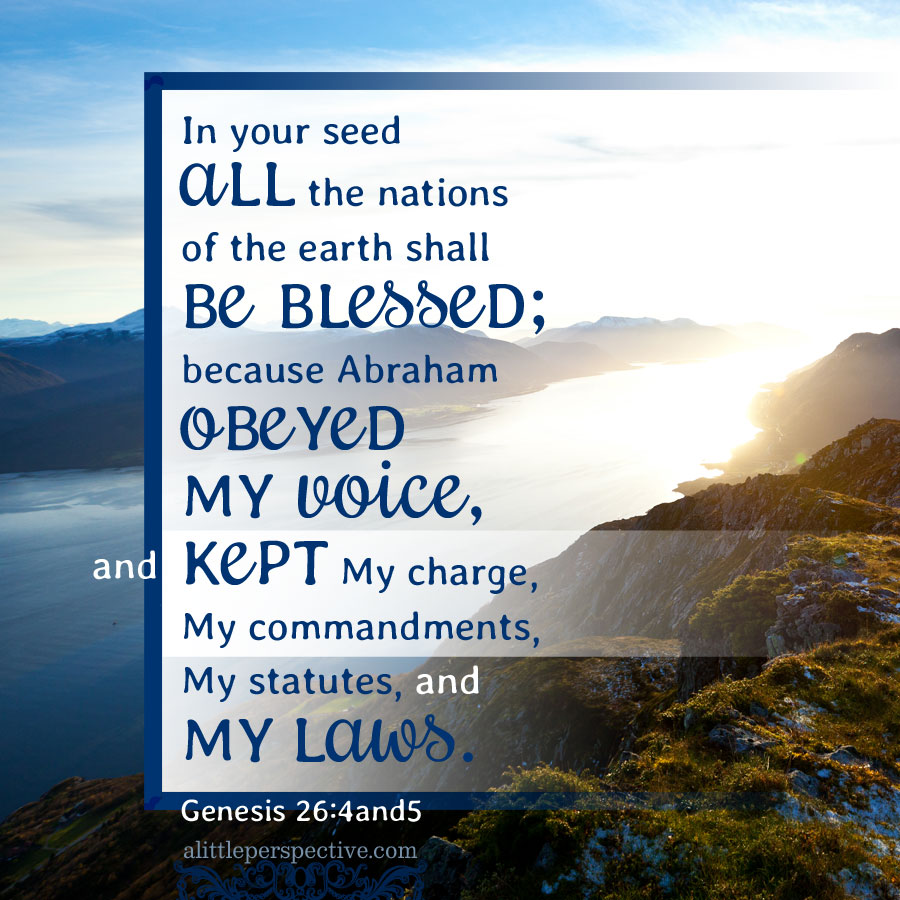Read Exodus 6:13 at Bible Gateway.
Hebrew paragraph division
Exo 6:13 {s} YHVH charged Israel and Pharaoh, by Moses and Aaron
This single sentence paragraph cannot make a structure, that I can find. The big question is, why is this single sentence in a paragraph all by itself? Why is it separated from the rest of the narrative? It is a weak paragraph, meaning, it is a facet of a continuing theme; so when we arrive to the concluding facet we expect to be able to answer that question.
Original Hebrew
And YHVH spoke to Moses and to Aaron, and gave them a charge to the children of Israel, and to Pharaoh king of Egypt, to bring the children of Israel out of the land of Egypt. Exo 6:13
What is a charge? Webster’s lists many multiple definitions which have evolved in our language over time (“He waived their admission charge;” “She played with her young charges at the park;”) but all have to do with authority in one way or another.
Charge is Strong’s H6680 צוה tsavah, a primitive root meaning, “to constitute, to charge, to command.” The pictographs are tsadey + vav + hey.
tsadey צ, ץ = the trail, thus a man concealed, journey, chase, hunt
vav ו = the tent peg, thus add, secure, hook
hey ה = man with upraised arms, thus look, reveal, wonder, worship, breath
The story the ancient pictographs are telling is of the path (tsadey) made sure (vav) by revelation (hey). A sure path, made more sure since it is the one revealed to man by God. This word is also the root for the concrete noun, mitsvah, a commandment. God is not just suggesting a course of action for Moses and Aaron, or for the children of Israel, or for Pharaoh; He is commanding a course of action.

















Leave a Reply